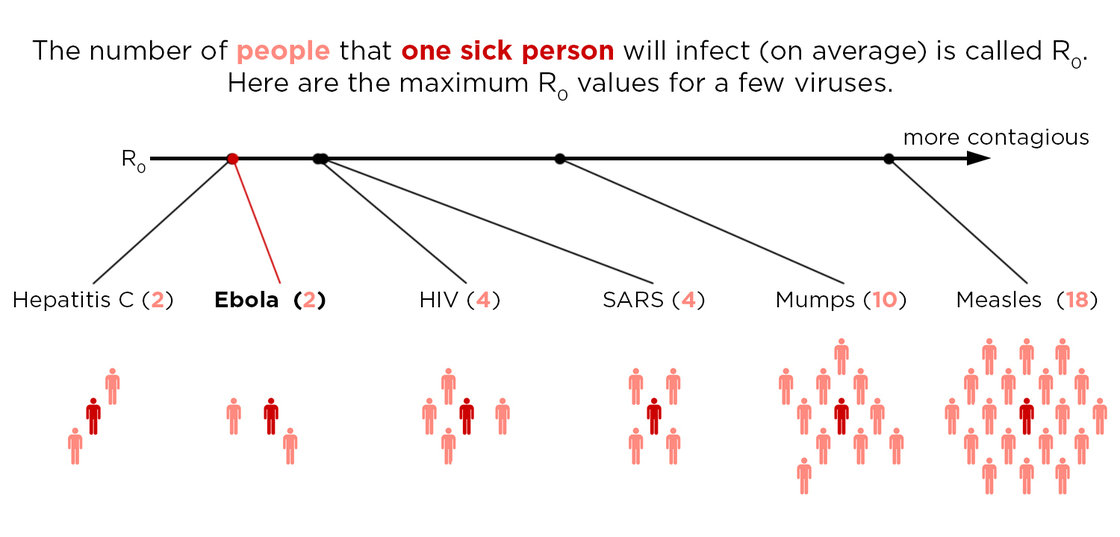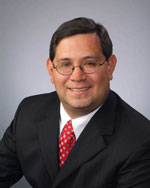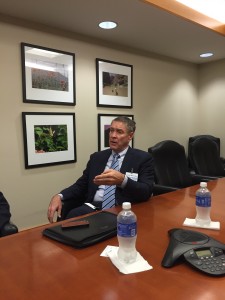This morning, the Dallas City Council got sidetracked by something that might have left you scratching your head.
That’s okay. Happens a lot. This one, though, deserves a little explanation and a word of caution and concern.
See, every few years, the City Council contracts with a company to do collections of fines that people don’t pay. Think tickets that go through the Municipal Courts.
We’ve written a lot about how a large number of people out there don’t take their tickets too seriously. They ignore them. These go into collection.
For a third party collector, there is potentially a lot of money in hassling people to pay what they owe.
For the last 12 years, the recipient of the collections contract has been the law firm Linebarger, Goggan, Blair & Sampson. Sampson is DeMetris Sampson, dedicated donor to council members and an important player in the local political scene and especially the southern Dallas political scene.
Linebarger wanted to get renewed as the city’s collections contractor. But when staff put the deal out to bid, another company, MSB Government Services, came back with what looks like a radically better deal than any of its competitors. MSB offered the city $21 million in guaranteed money, protected by a performance bond, over the next three years.
Linebarger placed third in the bid scoring. The firm offered $300,000 in guaranteed money.
Staff said, let’s go with MSB. The council’s Public Safety committee, in a 3-2 vote, said, let’s go with MSB.
What happened next was phones started ringing at 1500 Marilla.
This morning, a lot of council members were suddenly very interested in this contract. There were suggestions the bid process wasn’t fair. (The process is the same; the scoring has changed. It always does.)
A handful of council members, Jennifer Gates, Sandy Greyson, Lee Kleinman and Sheffie Kadane, wondered what the problem was. Why were their colleagues suddenly inserting themselves into the bid process, they asked.
Good question.
Linebarger’s managing partner, Bridget Lopez, made a number of statements about why Linebarger deserved the contract. Much of it was probably incomprehensible to anyone unfamiliar with collections contract, or most of the Dallas City Council. Some of it was just emotional about Linebarger being a local firm that supports the community.
At one point Lopez got ahead of her horses. “We are the reason Dallas is great,” she said of her firm. Linebarger might be a fine law firm. It isn’t the reason Dallas is great.
In the end, the council voted with only one dissent (Kadane) to have a full council briefing on the subject. Given its sensitivity, that doesn’t seem inappropriate. But if the time in between is used to weight the scales, that’s a big, big problem. Let’s keep an eye on this one.



















 One of our colleagues reports that her mother went to a dentist in Houston, and her health questionnaire not only asked if she had traveled recently to West Africa but also whether she had recently been in
One of our colleagues reports that her mother went to a dentist in Houston, and her health questionnaire not only asked if she had traveled recently to West Africa but also whether she had recently been in 



